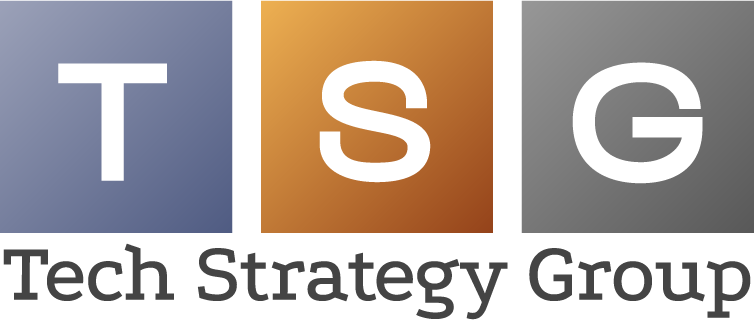As the technological landscape continues to evolve at a rapid pace, small businesses are presented with both unprecedented opportunities and challenges. Staying abreast of emerging tech trends is essential for small businesses to remain competitive, streamline operations, and adapt to evolving customer expectations. In 2025, several key tech trends are poised to reshape the small business landscape. In this article, we’ll explore the top tech trends that small businesses should embrace to thrive in the year ahead.
1. Artificial Intelligence (AI) and Machine Learning
Artificial Intelligence (AI) and Machine Learning (ML) are no longer buzzwords reserved for large enterprises—they are increasingly accessible and affordable for small businesses. In 2025, we can expect small businesses to leverage AI and ML technologies to automate routine tasks, personalize customer experiences, and gain valuable insights from data. From chatbots and virtual assistants to predictive analytics and recommendation engines, AI-powered solutions will empower small businesses to enhance efficiency, drive innovation, and stay ahead of the curve.
2. Hybrid Workforce and Remote Collaboration Tools
The shift towards remote and hybrid work models accelerated by the COVID-19 pandemic is here to stay. In 2025, small businesses will continue to embrace flexible work arrangements and invest in remote collaboration tools to support distributed teams. From video conferencing and project management platforms to cloud-based productivity suites and virtual whiteboards, small businesses will leverage technology to foster seamless communication, collaboration, and productivity across geographically dispersed teams.
3. Cybersecurity and Data Privacy
With the increasing prevalence of cyber threats and data breaches, cybersecurity has become a top priority for small businesses. In 2025, we can expect small businesses to ramp up their investments in cybersecurity solutions to protect sensitive data, safeguard customer information, and mitigate cyber risks. From endpoint protection and encryption to threat detection and incident response, small businesses will prioritize cybersecurity measures to fortify their defenses and maintain trust with customers.
4. Digital Payments and Contactless Transactions
The shift towards digital payments and contactless transactions has accelerated in recent years, driven by changing consumer preferences and advancements in financial technology. In 2025, small businesses will increasingly adopt digital payment solutions, such as mobile wallets, contactless cards, and peer-to-peer payment apps, to offer convenient and secure payment options to customers. Additionally, we can expect small businesses to explore emerging payment technologies, such as cryptocurrencies and blockchain-based payment systems, to diversify their payment offerings and stay competitive in the digital economy.
5. Augmented Reality (AR) and Virtual Reality (VR)
Augmented Reality (AR) and Virtual Reality (VR) technologies are transforming the way small businesses engage with customers, showcase products, and deliver immersive experiences. In 2025, we can expect small businesses to leverage AR and VR applications for marketing, product visualization, training, and customer engagement. Whether it’s virtual product demos, interactive AR ads, or immersive VR experiences, small businesses will harness AR and VR technologies to captivate audiences, differentiate their brand, and drive sales.
6. Sustainable and Green Technologies
As environmental sustainability becomes increasingly important to consumers and regulators alike, small businesses will prioritize the adoption of sustainable and green technologies in 2025. From energy-efficient appliances and renewable energy solutions to eco-friendly packaging and waste reduction initiatives, small businesses will embrace sustainability as a core value and competitive differentiator. Additionally, we can expect small businesses to leverage technology to measure and track their environmental footprint, implement green practices, and communicate their sustainability efforts to customers.
Conclusion
The tech trends outlined above represent just a glimpse of the transformative changes that small businesses can expect to encounter in 2025. By embracing emerging technologies such as Artificial Intelligence, remote collaboration tools, cybersecurity solutions, digital payments, Augmented Reality, Virtual Reality, and sustainable technologies, small businesses can position themselves for success in an increasingly digital and interconnected world. Contact TSG today to not only stay informed, adaptable and proactive, but to also harness the power of technology to drive your business growth, innovation, and resilience in the years ahead.







